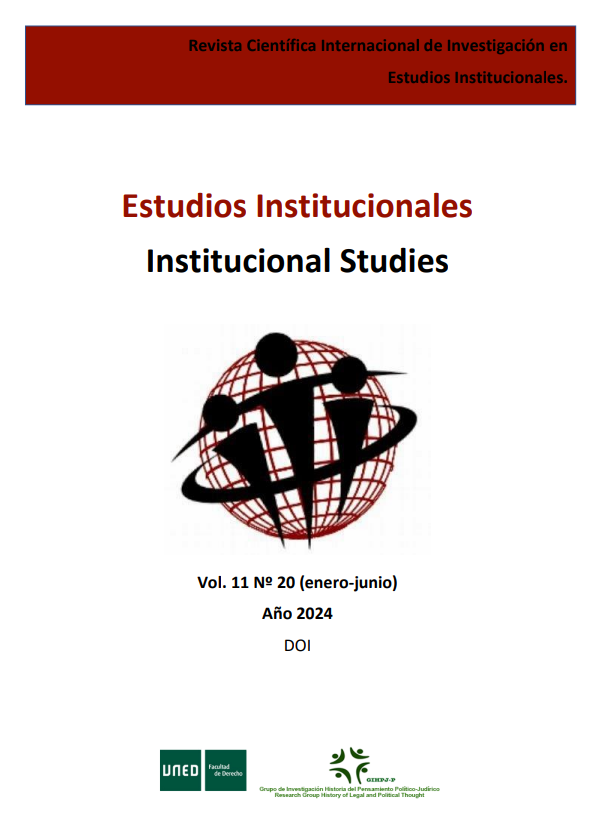History and ceremonial of Zoroastrianism
DOI:
https://doi.org/10.5944/eeii.vol.11.n.20.2024.39570Keywords:
protocol, zoroastrianims, rite, religionAbstract
Zoroastrianism is uniquely important in the history of religions because of its links with the Western Abrahamic and Eastern Dharmic traditions. It can be accepted that Zoroastrianism was formed around 1600-1200 BC. C., depending on the sources used, in the northwestern region of Iran (Persia) by the prophet Zarathustra or Zoroaster, whose teachings were transcribed in what is known as the Avesta or Foundation. It is said that Zoroastrianism is one of the first monotheistic religions in the world, although Zoroastrianism can be considered as a henotheism, the belief in the existence of a main god but that he is not the only one who exists. It represents an attempt to unify, under the worship of a supreme god, of the common polytheistic religions in those times and therefore it preserves features of both currents. The number of the faithful has dropped significantly in recent centuries, but religion continues to be alive and well. Most followers of this religion are found in Iran and India, Pakistan, Sri Lanka and Bangladesh among others. Also, in North America, Great Britain and Singapore.
Downloads
Downloads
Published
How to Cite
Issue
Section
License
Copyright (c) 2024 Enrique Somavilla

This work is licensed under a Creative Commons Attribution-NonCommercial-NoDerivatives 4.0 International License.
The authors who publish in this journal agree to the following terms:
- The Revista de Estudios Institucionales is distributed under a Creative Creative Commons Reconocimiento NoComercial NoDerivadas (by-nc-nd).
- Authors retain copyright and grant the journal the right to be the first publication of the work as well as licensed under a Share of work license, under conditions of authorship acknowledgment, for non-commercial purposes and without derivative works such as are specified in the license.
- Authors may separately enter into additional agreements for non-exclusive distribution of the version of the work published in the journal (for example, placing it in an institutional repository or publishing it in a book), with an acknowledgment of their initial publication in this journal.
- Authors are allowed and encouraged to disseminate their papers electronically (for example, in institutional repositories or on their own website) before and during the submission process, as it can lead to productive exchanges as well as more citation. earliest and largest of published works (See The Effect of Open Access)








